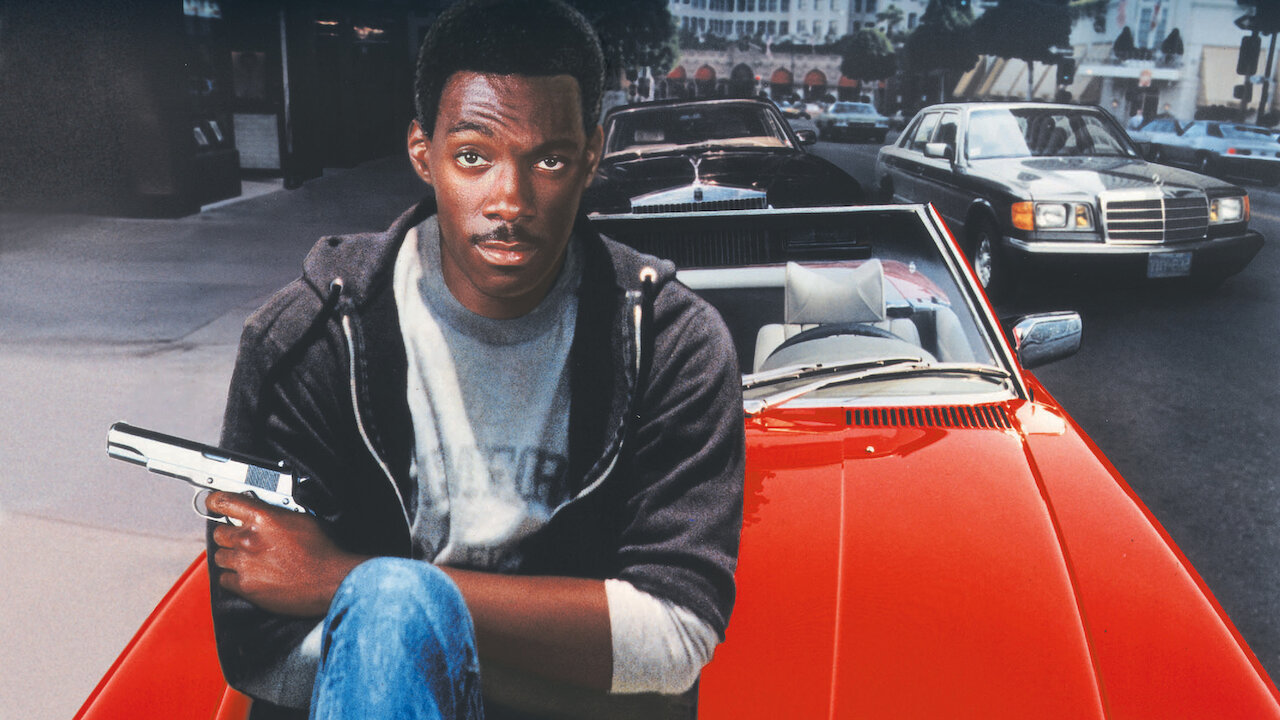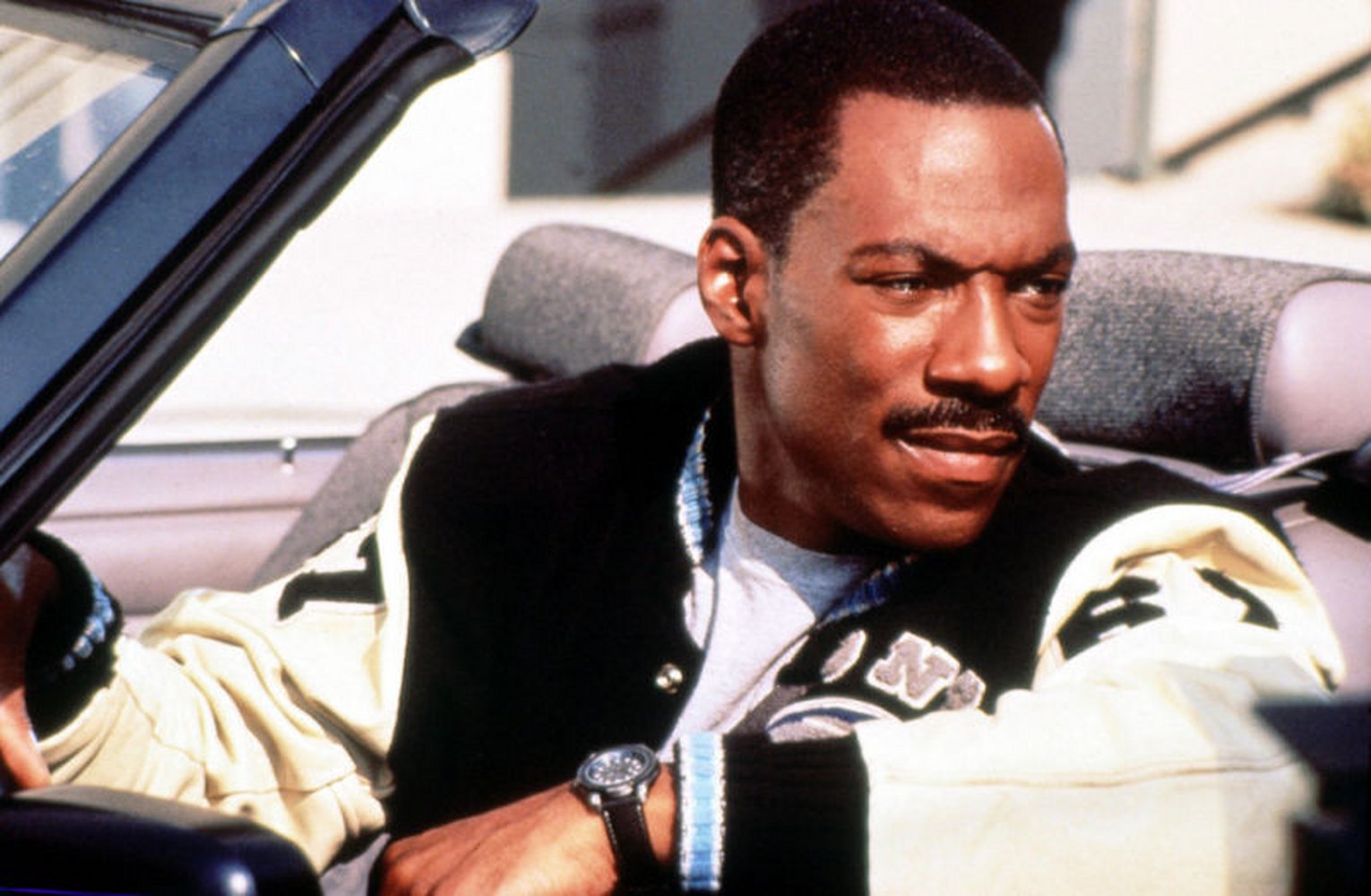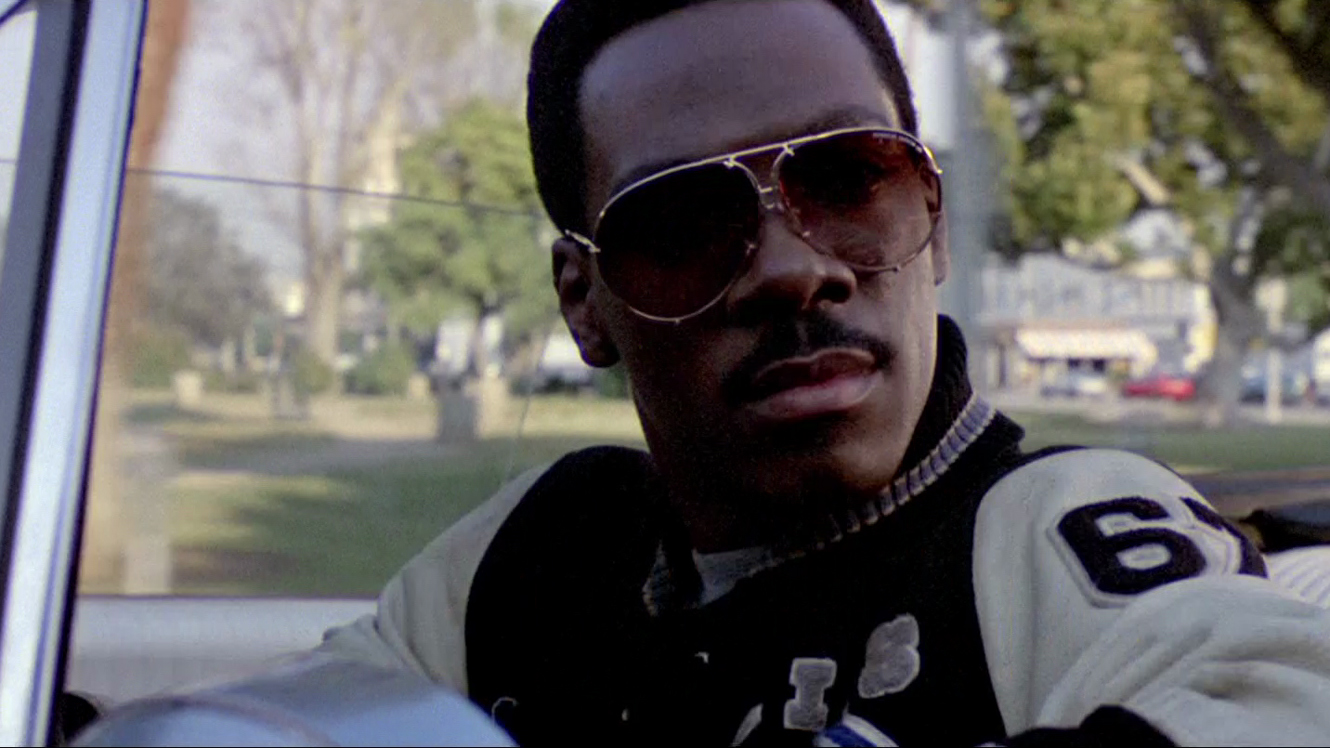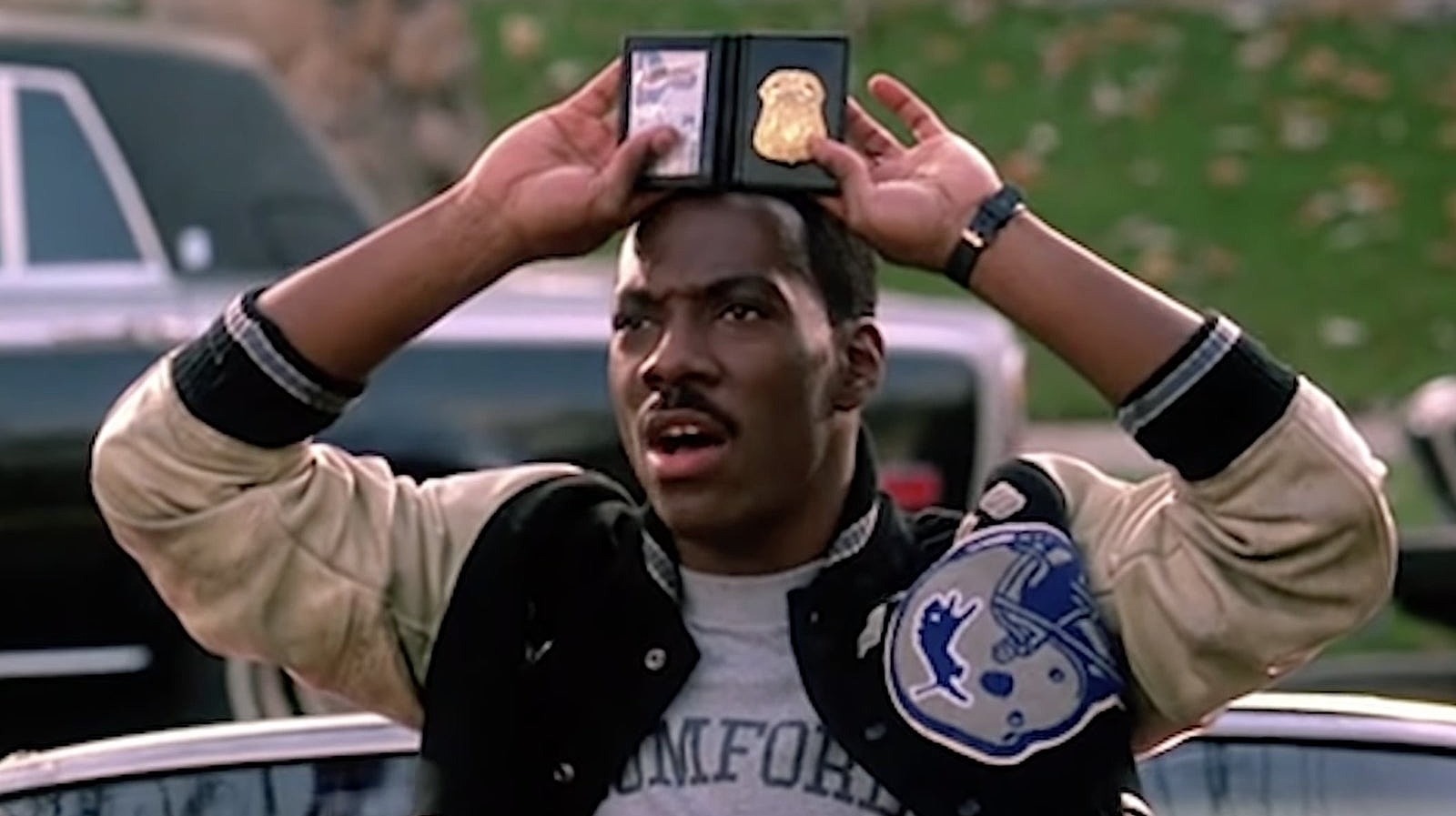Beverly Hills, an iconic city synonymous with luxury, opulence, and celebrity status, hides a darker side beneath its glamorous exterior. This article delves into the gripping tale of a police officer’s undercover mission in Beverly Hills, revealing the secrets and challenges encountered while navigating through this affluent yet perilous environment.
Beverly Hills: A Glamorous Facade
Nestled in Los Angeles County, California, Beverly Hills is renowned worldwide for its lavish mansions, upscale shopping streets like Rodeo Drive, and a celebrity culture that defines modern-day Hollywood. The city exudes wealth, sophistication, and a lifestyle that many aspire to attain. However, beyond the façade of luxury lies a different reality—one that is not often portrayed in the media spotlight.

The Underbelly of Beverly Hills
Beneath the surface of extravagant parties and designer boutiques, Beverly Hills harbors its share of crime and illicit activities. Drug trafficking, organized crime rings, and financial fraud schemes occasionally tarnish the city’s pristine reputation. These issues are typically overshadowed by the city’s affluent image, creating a stark contrast between perception and reality.
Planning the Undercover Operation
For law enforcement agencies, tackling crime in Beverly Hills requires specialized strategies and covert operations. Planning an undercover mission in such an environment demands meticulous preparation, including gathering intelligence, identifying targets, and establishing a cover story that can withstand scrutiny from the city’s elite residents and sophisticated criminals alike.
Infiltrating the High Society
Our protagonist, Officer Jack Thompson, a seasoned undercover cop with a knack for blending in, is tasked with infiltrating Beverly Hills’ high society. Posing as a wealthy investor interested in exclusive real estate, Jack immerses himself in the affluent circles that frequent the city’s social events and private clubs. His mission: to gain the trust of key players involved in criminal activities without arousing suspicion.
Uncovering Crime in Paradise
As Jack navigates through cocktail parties and charity galas, he gradually uncovers clues that lead him closer to the heart of criminal operations in Beverly Hills. From money laundering schemes disguised as legitimate businesses to high-profile individuals with dubious connections, Jack discovers a web of deceit and corruption that threatens to undermine the city’s pristine façade.
Challenges and Dangers Faced
The life of an undercover cop is fraught with challenges and dangers. Jack must constantly maintain his cover while evading detection by both criminals and law-abiding citizens alike. The pressure to gather incriminating evidence without compromising his safety or the integrity of the operation weighs heavily on Jack’s shoulders, testing his resolve and resourcefulness at every turn.
The Ethical Dilemmas of Undercover Policing
Beyond the adrenaline-pumping action and suspense lies a deeper ethical dilemma faced by undercover police officers. Balancing the need to uphold the law with the moral gray areas of deception and manipulation is a constant struggle for Jack. As he forms relationships with unsuspecting targets and witnesses firsthand the impact of crime on innocent lives, Jack grapples with questions of justice, integrity, and the greater good.
The Birth of a Concept
The genesis of “Beverly Hills Cop” can be traced back to the early 1980s when producers Don Simpson and Jerry Bruckheimer were looking to capitalize on the success of action films with a unique twist. They envisioned a film that combined the adrenaline-pumping elements of action with the comedic talents of a rising star. Enter Eddie Murphy, then known for his breakout role on “Saturday Night Live” and his comedic prowess.
Eddie Murphy: The Driving Force
Eddie Murphy, at the young age of 23, was already making waves in Hollywood. His energy, wit, and charisma made him the perfect fit for the role of Axel Foley, a street-smart Detroit cop with a knack for getting into trouble. Murphy’s involvement not only shaped the character but also injected a fresh and dynamic presence into the film.
Script Development and Evolution
The script for “Beverly Hills Cop” underwent several revisions before finding its final form. Originally conceived as a straightforward action film, it was transformed into a vehicle that
showcased Murphy’s comedic talents while maintaining thrilling suspense. The blend of genres was a risky move at the time but ultimately proved to be a stroke of genius.
Plot Synopsis: Exploring Axel Foley’s World
Beverly Hills Cop (1984)
The first installment of the franchise introduces audiences to Axel Foley, a street-smart detective from Detroit who travels to Beverly Hills to investigate the murder of his childhood friend. Disregarding orders to stay out of the case, Foley navigates the unfamiliar terrain of Beverly Hills while clashing with local law enforcement. His unorthodox methods and quick wit lead him closer to uncovering a major narcotics operation.
Beverly Hills Cop II (1987)
The success of the first film prompted a sequel, which sees Axel Foley returning to Beverly Hills to investigate a series of robberies targeting his friend’s new business. Joined by his old pals Taggart and Rosewood, Foley once again disrupts the status quo with his unconventional tactics, uncovering corruption within the city’s elite.
Beverly Hills Cop III (1994)
The final installment of the original trilogy finds Axel Foley investigating a theme park’s connection to a counterfeit money operation. This film explores deeper themes of loyalty and redemption while maintaining the franchise’s signature blend of action and humor.
Characters: Icons of the Franchise

Axel Foley
At the heart of the “Beverly Hills Cop” franchise is Axel Foley, portrayed with unparalleled charm and charisma by Eddie Murphy. Foley’s street-smart demeanor, unyielding determination, and infectious humor endeared him to audiences, making him one of cinema’s most iconic characters. His ability to navigate between comedic moments and intense action sequences remains a testament to Murphy’s versatility as an actor.
Billy Rosewood and John Taggart
Supporting characters Billy Rosewood (Judge Reinhold) and John Taggart (John Ashton) play pivotal roles throughout the franchise. As Foley’s colleagues in the Beverly Hills Police Department, they provide comic relief and serve as foils to Foley’s unconventional methods. Their evolving relationships with Foley underscore themes of camaraderie and loyalty amidst the chaos of their investigations.
Jenny Summers and Other Supporting Cast
Jenny Summers (Lisa Eilbacher), Axel Foley’s childhood friend and love interest, adds depth to the storyline and serves as a grounding force for Foley amidst the whirlwind of his investigations. The ensemble cast, including memorable villains and quirky side characters, contributes to the rich tapestry of the Beverly Hills Cop universe.
Cultural Impact and Influence
Redefining Action-Comedy
“Beverly Hills Cop” revolutionized the action-comedy genre by blending high-octane thrills with laugh-out-loud humor. Its success paved the way for similar films that sought to capture the magic of combining action-packed sequences with comedic elements. The film’s impact resonated with audiences of all ages and backgrounds, cementing its status as a timeless classic.
Eddie Murphy’s Rise to Superstardom
Eddie Murphy’s portrayal of Axel Foley catapulted him to superstardom and solidified his reputation as a leading man in Hollywood. The film showcased Murphy’s ability to command the screen with charisma and charm, establishing him as a box office powerhouse and cultural icon. His influence extended beyond the film itself, shaping popular culture and inspiring future generations of actors and filmmakers.
Soundtrack and Cultural References
The soundtrack of “Beverly Hills Cop,” featuring the iconic theme song “Axel F” by Harold Faltermeyer, became synonymous with the film’s energetic spirit. The song’s infectious melody and memorable synth beats captured the essence of Axel Foley’s adventures and became a cultural phenomenon in its own right. The film’s impact on music, fashion, and popular references further solidified its place in the zeitgeist of the 1980s and beyond.
Critical Reception and Legacy

Critical Acclaim
“Beverly Hills Cop” received widespread acclaim from critics upon its release, praising its blend of action, comedy, and Eddie Murphy’s breakout performance. The film’s sharp dialogue, engaging storyline, and dynamic action sequences resonated with audiences and critics alike, establishing it as a benchmark for future action-comedy films.
Box Office Success
The success of “Beverly Hills Cop” at the box office exceeded expectations, becoming one of the highest-grossing films of its time. Its popularity spurred demand for sequels and expanded the franchise’s reach across international markets. The film’s commercial success affirmed its cultural impact and solidified its status as a blockbuster franchise.
Enduring Legacy
Decades after its release, “Beverly Hills Cop” continues to captivate audiences and inspire filmmakers. Its memorable characters, quotable lines, and innovative blend of genres have secured its place in cinematic history. The franchise’s enduring legacy is celebrated through screenings, tributes, and references in popular culture, ensuring that Axel Foley’s adventures remain etched in the hearts of fans worldwide.
Behind the Scenes: Production Insights
Filming Locations
The production of “Beverly Hills Cop” took place on location in both Detroit and Beverly Hills, capturing the distinctive atmospheres of each setting. Filming in Beverly Hills provided an authentic backdrop of luxury and glamour, while Detroit’s urban landscape added gritty realism to Axel Foley’s origins. The contrast between these two environments contributed to the film’s visual appeal and narrative depth.
Directorial Vision
Director Martin Brest played a pivotal role in shaping the tone and style of “Beverly Hills Cop.” His collaboration with Eddie Murphy and the creative team resulted in a film that seamlessly balanced action, humor, and character development. Brest’s directorial vision and attention to detail contributed to the film’s critical and commercial success, establishing him as a prominent figure in Hollywood.
Marketing and Merchandising
Promotional Campaign
The marketing campaign for “Beverly Hills Cop” capitalized on Eddie Murphy’s rising star power and the film’s unique blend of action and comedy. Promotional materials, including trailers, posters, and merchandise, emphasized Axel Foley’s charismatic persona and the film’s high-energy sequences. The campaign targeted diverse audiences and generated anticipation leading up to the film’s release.
Merchandise and Spin-Offs
The success of “Beverly Hills Cop” spawned a range of merchandise, including action figures, video games, and soundtrack albums. These products extended the film’s reach beyond the big screen and capitalized on its popularity among fans. Spin-offs and adaptations further expanded the franchise’s legacy, ensuring that Axel Foley’s legacy continued to resonate with new generations of audiences.
Fan Community and Pop Culture References
Cult Following
“Beverly Hills Cop” developed a dedicated fanbase that continues to celebrate its characters, quotes, and memorable moments. Fan communities, online forums, and social media platforms provide platforms for fans to share their enthusiasm and appreciation for the franchise. The film’s enduring appeal and timeless humor foster a sense of nostalgia among longtime fans while attracting new audiences to discover Axel Foley’s adventures.
Pop Culture Impact
The influence of “Beverly Hills Cop” extends beyond its initial release, influencing subsequent action-comedy films and television shows. References to Axel Foley, “Axel F,” and iconic scenes have become ingrained in popular culture, reflecting the film’s lasting impact on entertainment and media. Homages and tributes in various forms pay homage to the franchise’s cultural significance and its enduring legacy.
Revivals and Future Prospects
Attempts at Revivals
In recent years, there have been discussions and attempts to revive the “Beverly Hills Cop” franchise for a new generation of audiences. Eddie Murphy’s continued involvement and interest in reprising his role as Axel Foley have fueled speculation and anticipation among fans. The potential for a fourth installment or a reboot presents opportunities to explore Axel Foley’s character further while introducing fresh narratives and themes.

Conclusion
Jack Thompson’s undercover mission in Beverly Hills sheds light on the complexities of law enforcement in affluent communities. Through his journey, we gain a nuanced understanding of the challenges faced by officers tasked with uncovering crime in environments where wealth and influence often shield wrongdoers from scrutiny. As Beverly Hills continues to evolve, so too must the strategies and tactics employed by law enforcement to maintain safety and uphold justice.
 Daily Blogger News Stay updated with the latest trends and insights. Your reliable source for daily updates and information.
Daily Blogger News Stay updated with the latest trends and insights. Your reliable source for daily updates and information.







